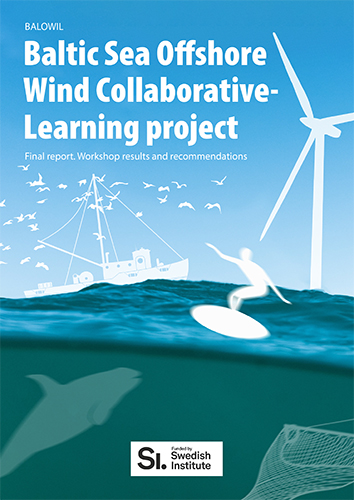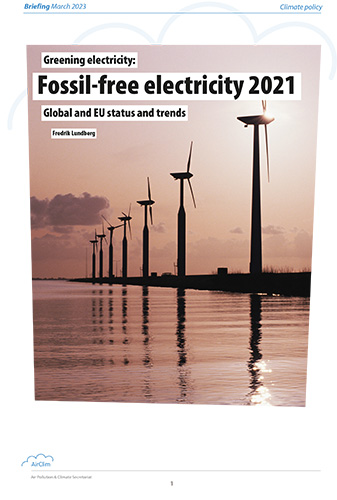
EU states postpone air quality compliance
Nineteen member states have so far notified the Commission that they will need time extensions to comply with EU air quality standards.
A Dutch request to delay compliance with EU air quality standards for fine particles (PM10) to 10 June 2011 and for nitrogen dioxide (NO2) until the end of 2014, was approved by the European Commission on 7 April.
According to the new EU air quality directive that was adopted last year, member states can under certain conditions be given time extensions for compliance in specified zones with the air quality standards for PM10, NO2 and benzene.
In order to get such exemptions, it is up to the member states to demonstrate that for NO2 and benzene the limit values cannot be achieved by 1 January 2010, and for PM10, that all appropriate measures have been taken at national, regional and local level to meet the original deadline of 1 January 2005, but that limit values could not be achieved because of “sitespecific dispersion characteristics, adverse climatic conditions or transboundary contributions.”
If the Commission does not raise objections within nine months of receipt of an official and complete member state notification, the limit values for NO2 and benzene will be postponed from January 2010 to January 2015 at the latest. For PM10, an exemption from the binding standards will in that case apply for a three-year period ending in June 2011.
During the postponement or exemption period the limit values will continue to apply, with an added margin of tolerance. Outside the zones covered by the postponement or exemption decision, limit values must be complied with in full.
So far, nineteen countries have notified have notified the Commission with requests for exemptions from EU air quality standards, and it is expected that the Commission will rule on ten of these before the summer.
Decisions on requests from Austria, Belgium, Denmark, France, Germany, Greece, Hungary Slovakia and Spain are probably due before July, while decisions on derogation requests from Bulgaria, the Czech Republic, Cyprus, Italy, Latvia, Malta, Poland, Portugal, and the UK will come later, during autumn.
Following an information request sent to member states in June 2008, the Commission in late January sent first warning letters to ten member states that had not yet achieved compliance with the PM10 limit values in force since 1 January 2005. Those were Cyprus, Estonia, Germany, Italy, Poland, Portugal, Slovenia, Spain, Sweden and the UK. These infringement actions remain open until the Commission has ruled on the relevant derogations.
Only four member states have reported compliance with air quality standards, namely Finland, Ireland, Lithuania and Luxembourg. Finland and Lithuania demonstrated that where concentration limits were exceeded this was due to winter sanding of roads, which is explicitly allowed by the air quality directive.
Christer Ågren
More information is available at the European Commission’s air quality pages: http://ec.europa.eu/environment/air/quality/legislation/time_extensions.htm

 Download this issue
Download this issue










